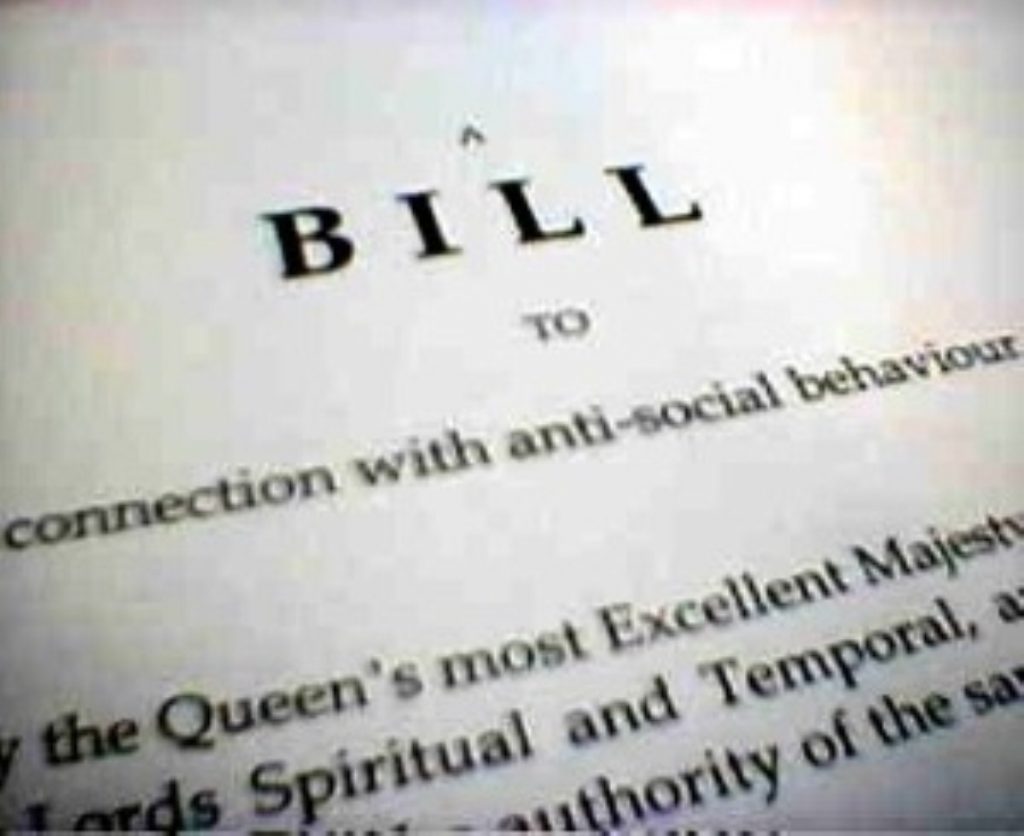Corporate manslaughter bill finally published
A new law to ensure companies whose negligence leads to the death of employees or the public has today been published after nearly a decade of planning.
The corporate manslaughter and corporate homicide bill intends to make it easier to bring to justice large firms whose management failure has resulted in death.
It was first mooted after the Southall rail crash in 1997, when the Swansea to Paddington express crashed into a freight train in west London, killing 32 people.
Seven charges of corporate manslaughter were brought against the train operator, Great Western Trains, but dropped when the judge overseeing the case said that under the law as it stood, prosecutors would have to prove one individual manager was responsible.


Under today’s legislation, which will have its second reading in parliament on October 10th, the offence of corporate manslaughter would relate to the overall management of an activity within an organisation.
For example, if someone is killed because the senior managers failed to ensure safe working practices for their employees or maintain the safety of their premises, such as taking proper fire precautions, the firm could be found guilty.
The bill, which would provide for an unlimited fine on any guilty company, also removes immunity from Crown bodies, such as government departments, and other public sector organisations, including the police.
“This is not about changing standards or imposing extra burdens on business but supporting well managed companies by targeting those who are cutting costs and taking unjustified risks with people’s safety,” said Home Office minister Gerry Sutcliffe.
“For too long the law has made it extremely difficult to bring to justice large companies whose management failure has resulted in death.”
John Cridland, the director general of the Confederation of British Industry (CBI), welcomed the government’s “sensible approach” to the issue of corporate manslaughter, which focuses on collective rather than individual responsibility.
“Companies who neglect their responsibilities to their employees must be answerable in law and parliamentarians must ensure they produce legislation which achieves a safer society without encumbering employers with unreasonable burdens,” he said.
When the bill was put to parliament yesterday, former home secretary Jack Straw, who is now leader of the House of Commons, noted: “It has been a difficult bill to get right. I began the process back in 1997, after the Southall train crash.”
He expressed hope that the Conservatives would back the bill when it is debated in the autumn, and Labour MP Frank Doran also gave his support, saying: “It will be warmly welcomed, particularly in the workplace.”









